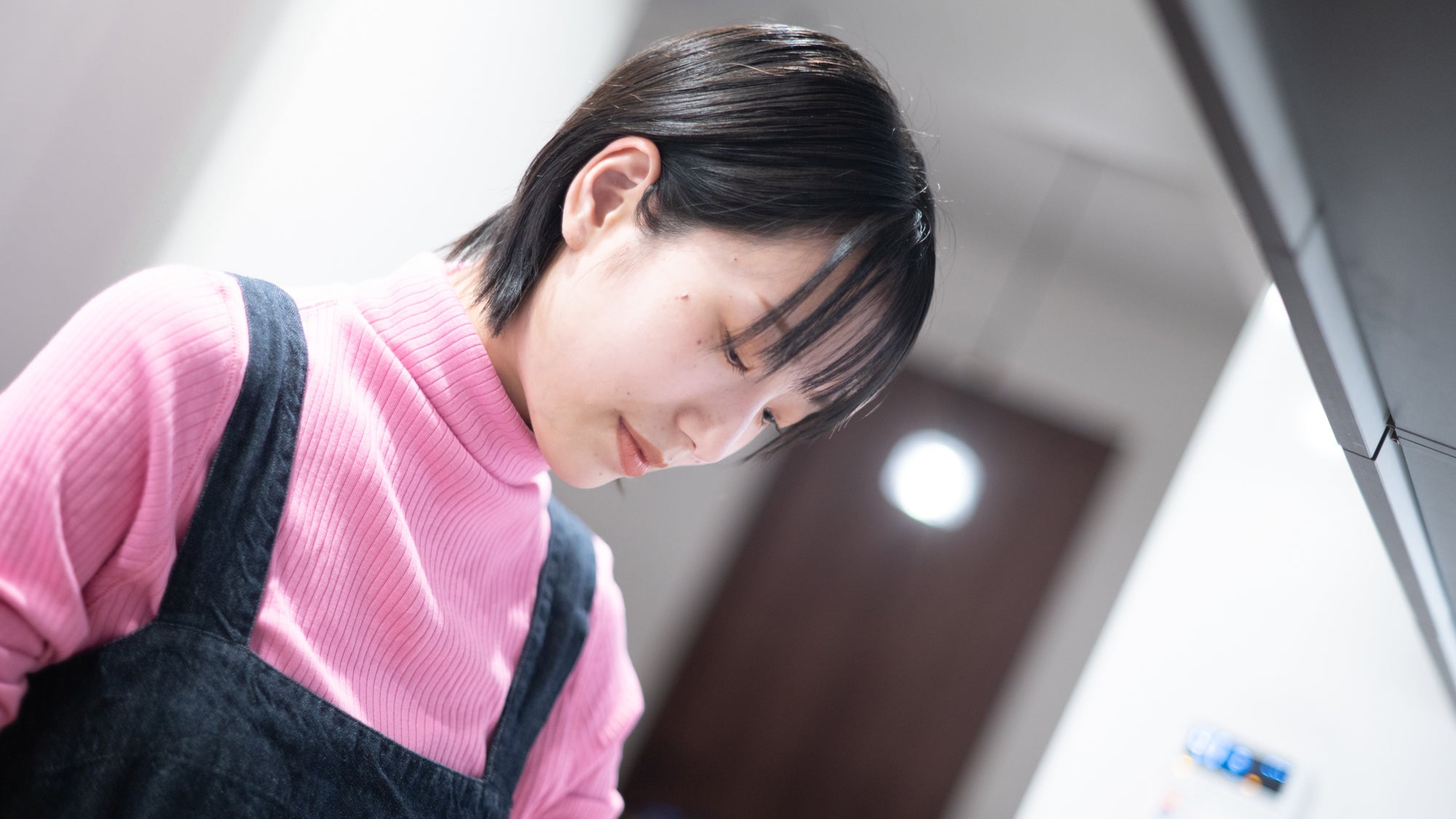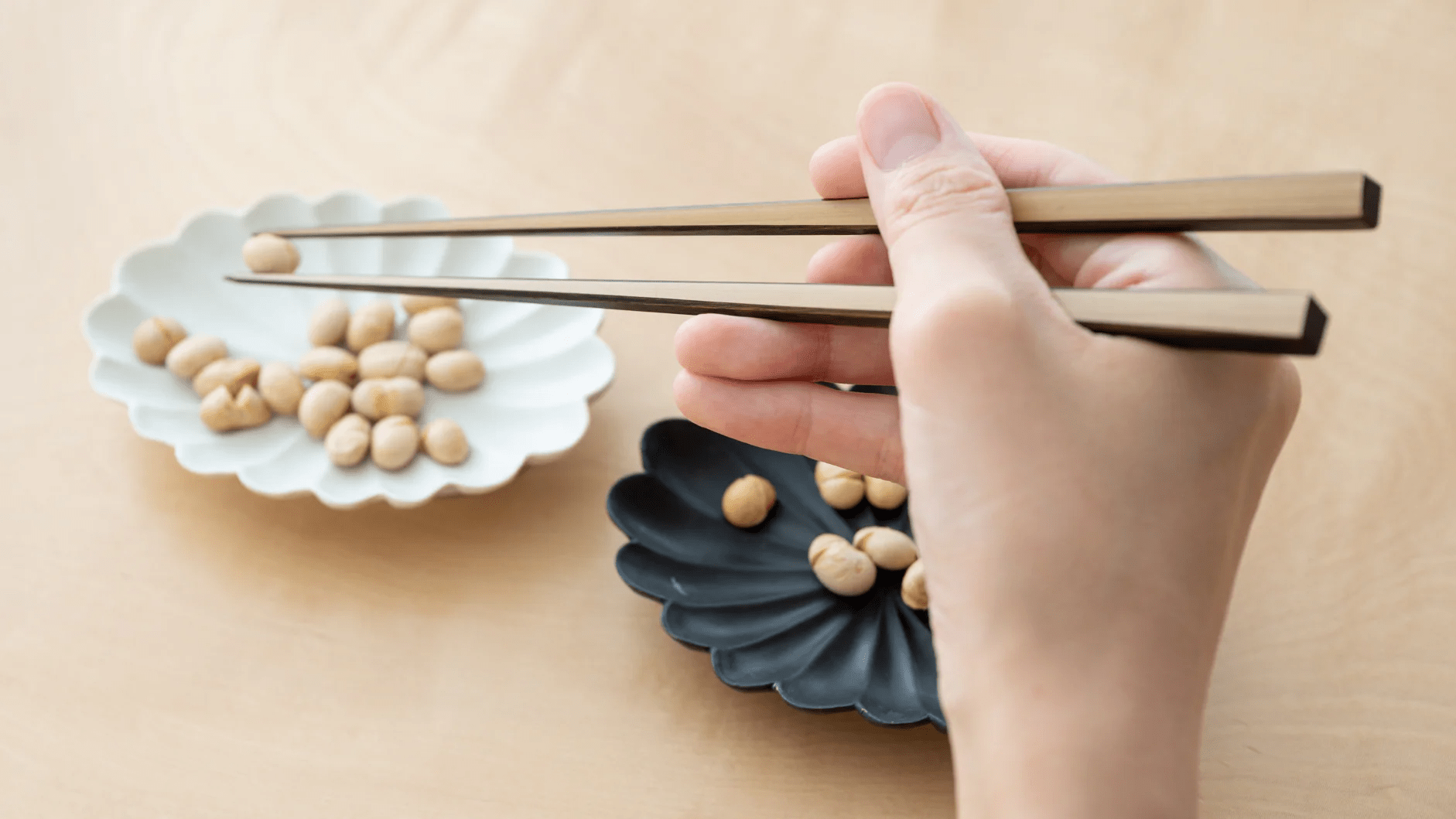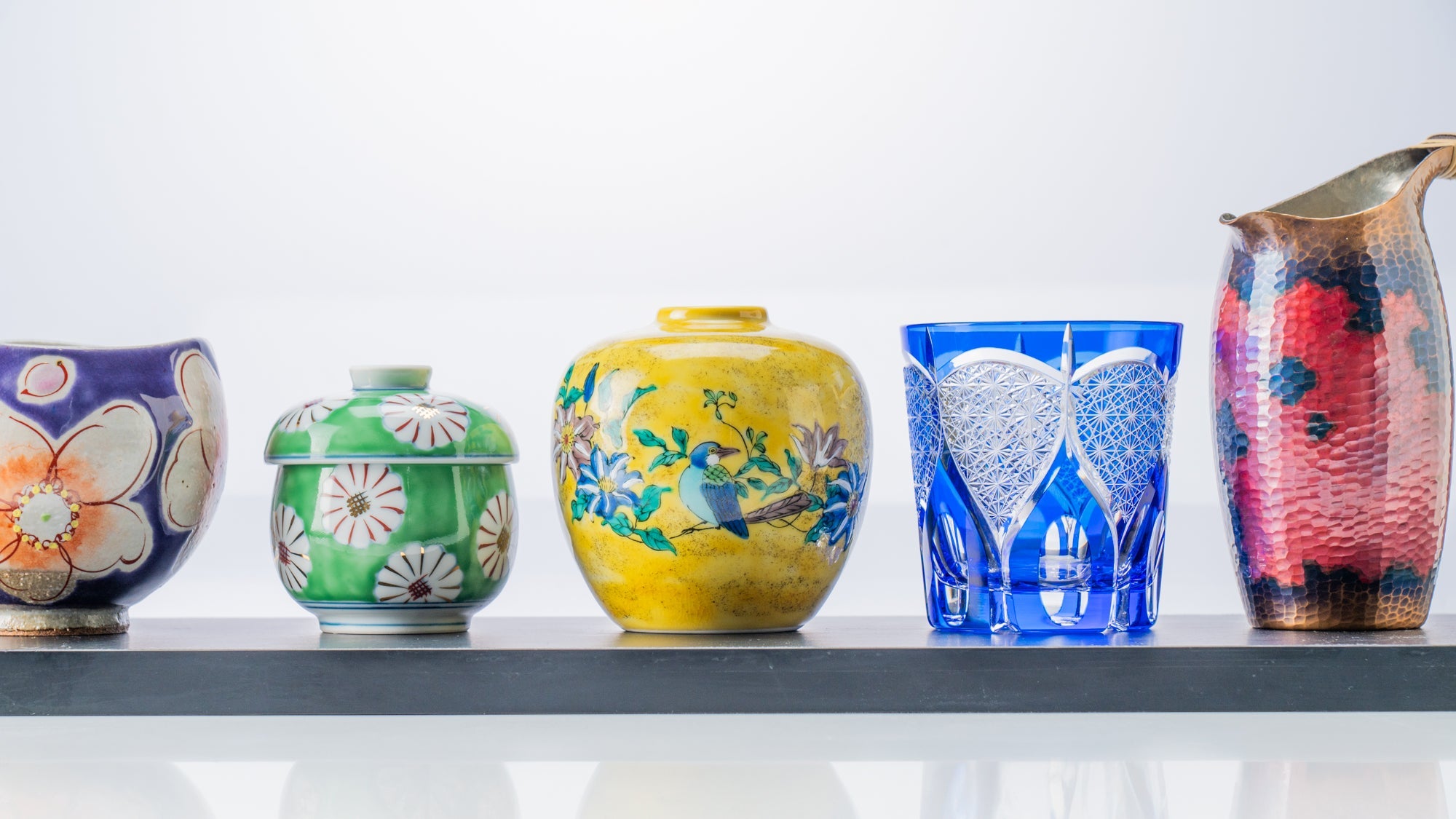
Rising Star of Japanese Home Cooking: Hasegawa Akari
Written by Team MUSUBI
Currently, there's a home cooking expert making waves on Japanese social media. Hasegawa Akari, with 300,000 followers on X, is a popular figure revolutionizing Japanese home cooking.
She has devised recipes with simple ingredients and streamlined methods that even busy people can make, responding to the modern Japanese kitchen's need for meals that are tasty, stylish, and neither tiresome nor repetitive to make.
Her dishes, easy to whip up even after an exhausting day at work, are gentle on the body, simple to cook and clean up after, and of course, exceptionally delicious.
Many might think Japanese cuisine is challenging to prepare, but her recipes are surprisingly simple and use readily available ingredients, making them an ideal culinary introduction for our global readers.
In this interview, we delve into her approach to cooking. The first part covers her journey to becoming a home cooking expert, exploring why she chose this career, and how her method of sharing recipes on social media led to her popularity.
tables of contents
The Path to Becoming a Home Cooking Expert
She had been following a career in entertainment as an actor in her youth, but her marriage redirected her to attend university and pursue her deepest interest. "Since high school, I've always loved cooking. I liked cooking for my friends. So, I thought I could excel in a career related to cooking by obtaining necessary qualifications in this field."

"I thought that my studies would focus mainly on cooking and nutrition, but it turned out to be more complex. The first step involved was extensive studying of the human body, including its biochemical reactions. Courses and practical sessions in cooking constituted only a fraction of the university curriculum. Although technically classified as an arts course, many of the classes encompassed a significant scientific component."
"And while studying at university, I became more interested in public nutrition – helping healthy people maintain and promote their health."
"I came to realize that it's a serious issue that many people, despite knowing they could improve their nutrition for better health, often find it difficult to do so. This problem seems widespread. Therefore, I wondered if it might be possible to gradually guide more people towards better health through their everyday cooking, enhancing their overall wellbeing."
Utilizing Social Media to Share Recipes
With just four images allowed per post, Hasegawa inserts text over the images, making the ingredients and steps clear at a glance. This is possible due to the simplicity of her ingredients and methods. The clarity in her tweets, letting her readers immediately think, "I can do this too," is likely the reason for her popularity.
I also discovered her through Twitter. Her recipes seemed delicious, healthy, and simple – something you could make with whatever was in the fridge, and make even when you were tired. Isn't this what many seek in home cooking?

Updating Japanese Home Cooking
"I felt a growing concern that such recipes were slowly steering people toward unhealthy eating habits. I am happy to know that there's a demand for recipes that feel like home without being overly simple, enjoyable without becoming tedious or repetitive, and are both stylish and delicious."

She emphasizes the significance of maintaining the quality of thoughtful home cooking while making it more approachable and quicker, but hesitates to simply call home cooking "easy." Indeed, it involves effort, from cooking to cleaning up. However, she believes this effort shouldn't be daunting, but rather something that encourages a proactive "let's try it" attitude. Her culinary philosophy, embodied in her recipes, is actively transforming the way of cooking in Japanese kitchens.

In the second half of this interview, we explore Hasegawa's choice of ingredients and recipes, and her experiences cooking in the United States during her two visits. Don't miss it to learn more about her cooking philosophy.















Leave a comment
This site is protected by hCaptcha and the hCaptcha Privacy Policy and Terms of Service apply.